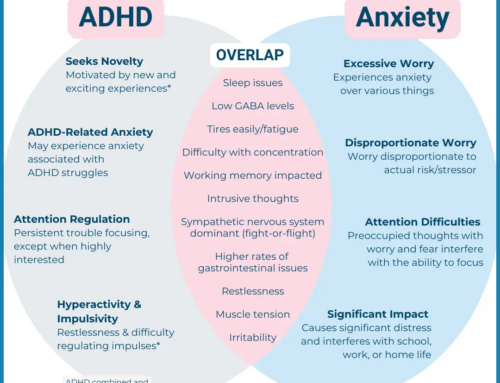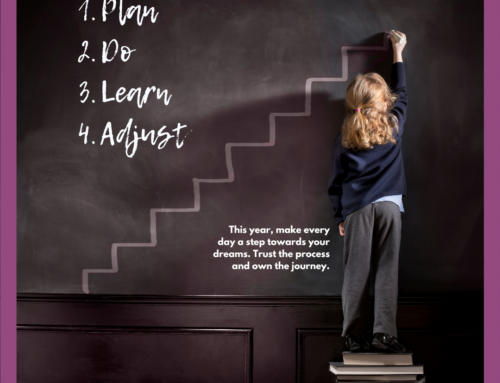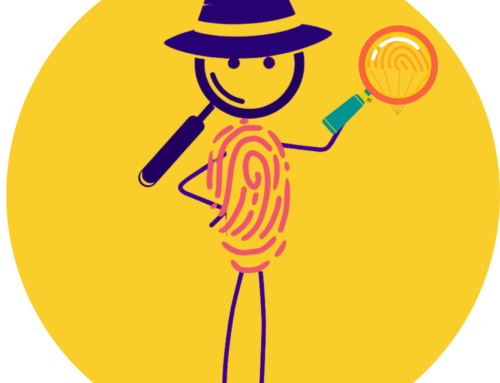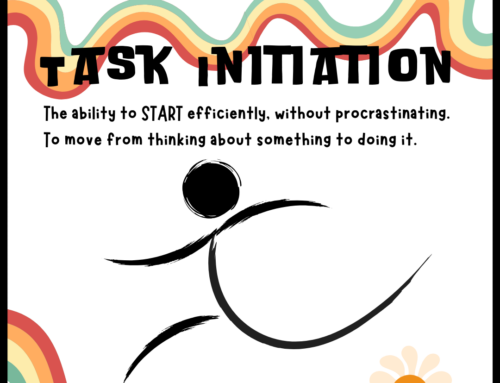In 2018, we’re launching a new learning-to-learn curriculum, based on the latest research from educational and clinical psychologists on how we learn best, as well as over eighteen years of experience creating personalized learning solutions for kids. This 3-month Academic Coaching program will guide students and parents through the 10 most important learning skills to be both college and career ready for the 21st century.
We’d love to hear from you on what topics you’d most like us to address in our Academic Coaching curriculum. E-mail studentconnector@yellowparachute.com to learn more and share your thoughts.
This post is the first in a series on the science and practice of learning.
“I’m Just Not Good At It”
Learning can be a frustrating and counterintuitive process. We can sit through a lecture, understanding every word, feeling oriented and on-pace (and maybe a little smug with how easy a time we’re having)–and then, when it’s time to recall the information and apply it to a problem or assignment, we’re stumped. That’s because in-the-moment-clarity, or fluency, isn’t the same as learning. Fluency is sitting in a rowboat and admiring the fish swimming by. Learning is reeling in the line and making a tuna melt.
Because learning is a—well, learned—skill, even smart kids can struggle in school. And smart kids can be thrown off and panic when the answers aren’t immediately apparent to them. They’re used to the ease of “knowing,” and not the discomfort of learning.
That space between question and answer can feel so blank and frightening and lonely that kids may shut down and declare they aren’t “good at” the subject at hand.
Cue the “parachute” in Yellow Parachute. Kids have to jump on their own, they have to learn how to navigate the fall, but as jump instructors we can help them feel the fall without fearing it. This blank space is the where the hardest and best things happen. It’s where kids learn that they’re capable of doing hard and extraordinary things.
Process Is More Important Than Answers
One of my students, a first grader, always sought out her teacher for extra help with math, though she rarely needed it. She picked up concepts quickly and could apply them on her own, but when asked to rate her feelings about math, she drew an un-smiley face ( :| ). When I asked her why she felt that way, she said that math is hard sometimes because she doesn’t know the answer right away.
Right away? Really?? The darling dear was expecting herself to know that 12+12 is 24 as readily as she knew her own name. If that’s not a higher-than-high expectation, I don’t know what is. I explained that math isn’t about flashes of insight; it’s about patterns and thinking through the patterns (and discomfort), putting pieces together one at a time to solve.
So now, we’re working on appreciating the process of solving, which has a rhythm and beauty that’s different from the instant-gratification of “I know this already.” What a joyful experience learning could be if we slowed down and reframed the fear of not-knowing as the excitement of discovery.
How Yellow Parachute Is Different
For children who are not succeeding in school the way that parents, caregivers, or teachers would predict, we examine the underlying whys to understand how to support learning. What systems for recording assignments are in place? Is missing work due to incompletion or to not turning it in? Where is the current system failing the student rather than why is the student failing?
- We connect. Learning thrives when instructors and students see and understand each other.
- We listen. We listen for the stories and look for the places where the ability and effort dots aren’t connecting.
- We ask questions. We get curious instead of getting clenched teeth. We can keep our cool, because we’re not Mom or Dad.
- We make suggestions. We help our students try new things and set concrete goals to measure their success. We innovate to get it right for each student, and use the expertise of our entire team of over fifty learning coaches.
- We encourage. We’ve got our students’ backs, and they know it.
- We provide feedback. Learning is to important to let things slide. Our families know what we’re thinking and ask questions.
- We believe. We see daily the power of positive relationships to inspire risk-taking, build confidence, and scaffold habits and routines that make learning accessible for each learner.
There’s never been a better time for education innovations that focus on building student agency. Inspired by discoveries from researchers like Brené Brown, Carol Dweck, Angela Duckworth, Elliot Washor, and Carlos Moreno, Yellow Parachute works to make sure that each student feels in charge of their own learning. We’re establishing a language of personalized learning for all, one parachute at a time.
Over the next few weeks, we’ll post about specific techniques to help kids get the most out of study-time. Can’t wait to learn how to get out of learning ruts? Check out Make It Stick: The Science of Successful Learning.
-Cara







